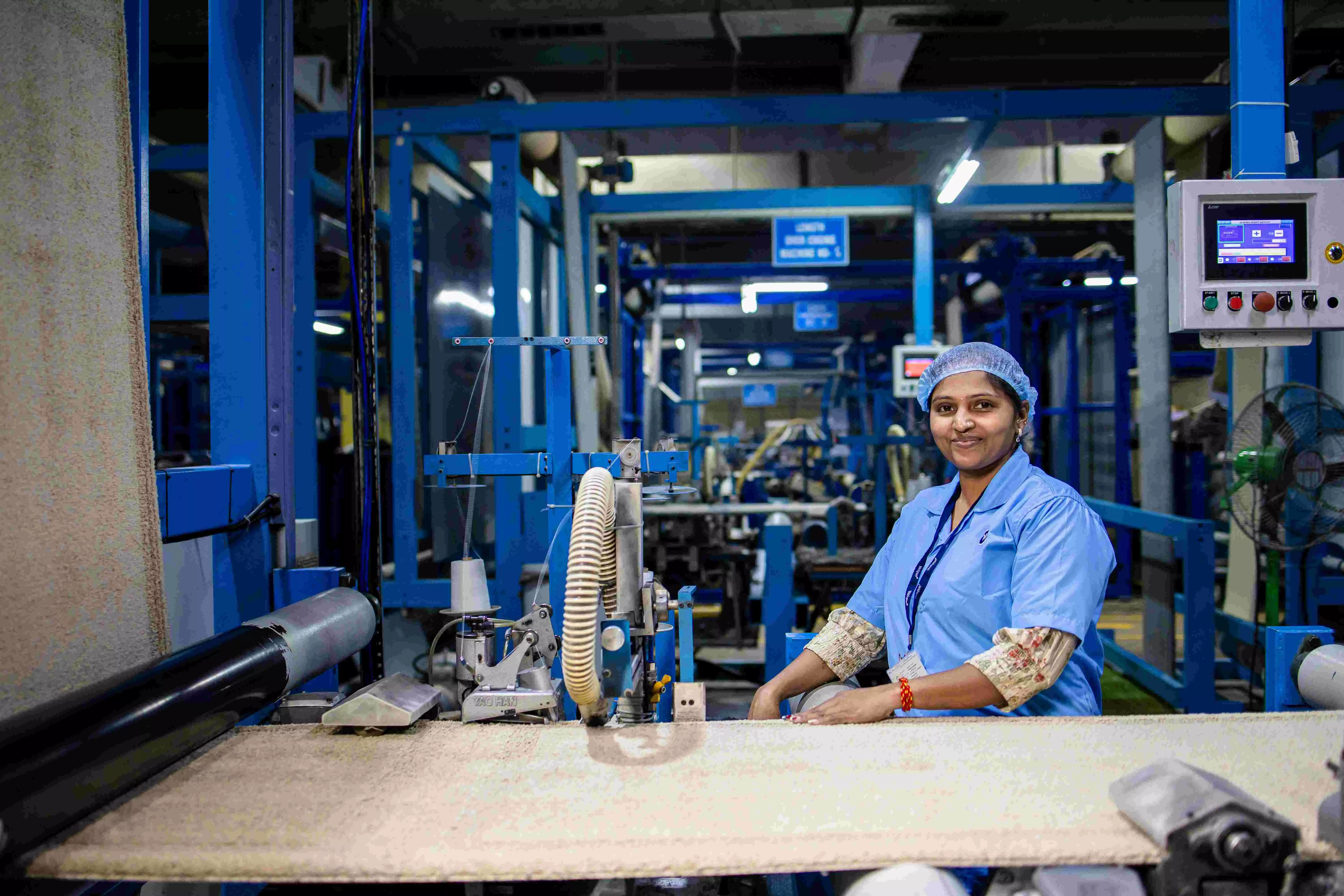
New Delhi, April 24 -- Many of us who once thought we knew it all as youngsters have now, with time, realised the importance of age and experience! Increasing the maximum age limit for hiring in the government, public sector, as well as private jobs, will aid in hiring experienced, seasoned, and stable personnel. At the same time, this will provide youth with time to develop skills, enhance knowledge, and gain varied experience, rather than simply rushing for government jobs at a younger age due to fear of strict age limits. Of course, entering at a young age does increase promotion avenues, but some may have genuine difficulties joining earlier.
For jobs that require physical agility, or are hazardous or strenuous, a stringent recruiting age limit is quite valid. But where the faculty of mind is involved, or there is no physical strain, experience pertaining to the required tasks, qualifications, skills, and wisdom is what counts most.
For students from rural or underprivileged areas, or even from urban areas with some personal difficulties - like medical issues, family responsibilities, or simply lack of awareness - an increase in the hiring age could be a fair and equitable solution. A secure government job at a middle age may even make a difference to the lives of widows, widowers, etc. In fact, it may also make a difference for those juggling between raising families and building a career. Fortunately, some governments and other machineries do have rules catering to such situations, and courts have also granted relief based on these regulations.
For instance, in Richa Mishra vs. State of Chhattisgarh & Ors, 2016, the Apex Court, considering rules related to the benefit of age relaxation under the Madhya Pradesh Civil Services (Special Provision for Appointment of Women) Rules, 1997, granted relief of appointment, etc., to the appellant.
In the case of Mahesh Chand Bareth vs. The State of Rajasthan, July 2024, inter alia, the facts of age relaxation were considered by the Top Court. The rules in this case provided age relaxation to certain categories of teachers. The State contended that the relaxation was meant for persons who worked in the projects after joining within the age limit but had now become overage. According to the State, the idea was not to oust from consideration persons who had worked in the education projects for a significant number of years. The Top Court aptly said there was a valid classification based on intelligible differentia, which distinguished applicants with project experience from those who lacked such experience. The Court said that, in this case, the job of a Prabodhak was exactly the job that the para-teachers carried out in the projects, and if the Government felt that the experience gained by them should not be lost - and in that regard granted them age relaxation, provided they fulfilled the condition of being within the age limit at the time of their initial appointment in the project - no fault could be found with the same. Thus, granting age relaxation when one has experience in similar fields is well recognised.
In 1981, in a pertinent case wherein one of the issues was with respect to the age of retirement of air hostesses, the Apex Court strongly and quite rightfully remarked that it failed to see how a young air hostess would be able to cope with difficult or awkward situations more effectively than others. Inter alia, the Court also observed that a discretionary power may not necessarily be a discriminatory power, but where a statute confers a power on an authority to decide matters of moment without laying down any guidelines, principles, or norms, the power has to be struck down as being violative of Article 14.
At the same time, there are also dictums wherein selections were found illogical, suffering from nepotism and favouritism. Courts in this regard have often emphasised that the Rule of Law is the golden thread which runs through our Constitution. The two most important facets of the Rule of Law are fairness and equality. Age-based or any such regulations must be uniform, rather than tailored provisions to benefit selective candidates.
While our laws are conscious of non-discrimination based on caste, creed, gender, social status, etc., they are not as vocal on age. There are certain relaxation rules with respect to age, especially for specified categories, but no direct codified laws in India that directly deal with the issue of age discrimination in jobs. In fact, when one is dispensed with from a job at an advanced age, the immediate question that pops up is - where to go at said age, as there may be an age bar.
Needless to say, age should not be the criterion, but rather hours put in, talent, skills gained over the years, knowledge, merit, competence, etc. Since opportunities for promotion get affected after a certain age, one shouldn't delay applying too late.
A changing society needs changed laws too. With varied work options available, an increase in age limits will let younger individuals experience different avenues without fearing age bars. At the same time, with age comes wisdom, experience, and knowledge - qualities from which both public and private employers could benefit.
Where the faculty of mind is involved, or there is no physical strain, experience pertaining to the required tasks, qualifications, skills, and wisdom are what count most.Views expressed are personal
Published by HT Digital Content Services with permission from Millennium Post.
